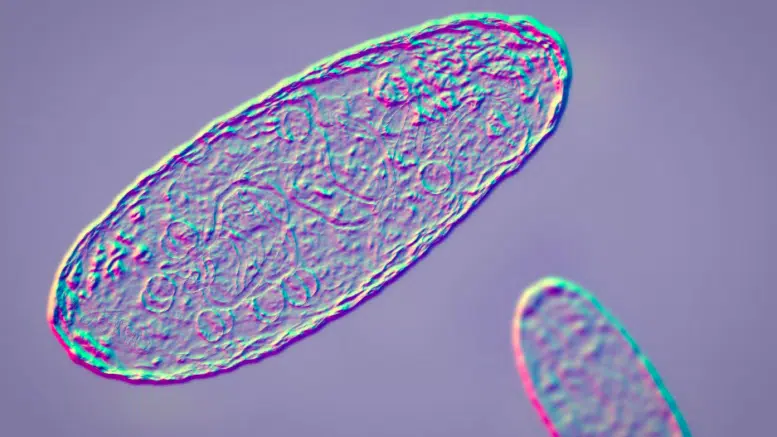In Oregon, health officials have confirmed the state’s first human case of the plague in over eight years. The diagnosis, a rare occurrence in the United States, has raised concerns about potential exposure to the bacterium Yersinia pestis, typically transmitted through the bites of fleas.
Deschutes County Health Services disclosed that the infected individual, as reported by NBC News, may have contracted the disease from their cat, which could have harbored infected fleas. However, the exact mode of transmission remains uncertain, leaving open the possibility of other means of exposure.
Fortunately, experts reassure that the plague is highly treatable with common antibiotics, alleviating fears of widespread concern. Dr. Richard Fawcett, Deschutes County’s health officer, emphasized the minimal risk to the community, expressing confidence that additional cases are unlikely to emerge.
Although the cat associated with the Oregon case exhibited severe illness, it’s unclear whether the infection was directly transmitted to its owner. Some medical reports suggest the potential development of pneumonic plague, a variant transmissible among humans, as indicated by the patient’s respiratory symptoms during hospitalization.
Nevertheless, the infected individual responded positively to antibiotic therapy, indicating that the infection likely originated in a lymph node. Early symptoms, such as swollen and painful lymph nodes, accompanied by fever and muscle aches, serve as crucial indicators of the disease.
The Centers for Disease Control and Prevention (CDC) records an average of seven human plague cases annually in the US. While pets, including dogs, can also contract the disease, past incidents have underscored the importance of vigilance.
Oregon’s previous case in 2015 involved a teenager suspected of flea bites during a hunting expedition. Similar to the current scenario, the latest case in Deschutes involves an individual residing in a rural setting with nearby open land, conducive to rodent habitats.
Historically, the plague has been associated with semi-arid forests and grasslands, thriving in environments inhabited by rodents. Surprisingly, recent studies have challenged traditional beliefs regarding the Black Death’s spread, suggesting that humans, rather than rats, played a more significant role in transmission during the medieval era.
As health officials continue monitoring the situation, emphasis remains on early detection and prompt treatment to mitigate the risk of further transmission and ensure community safety.

